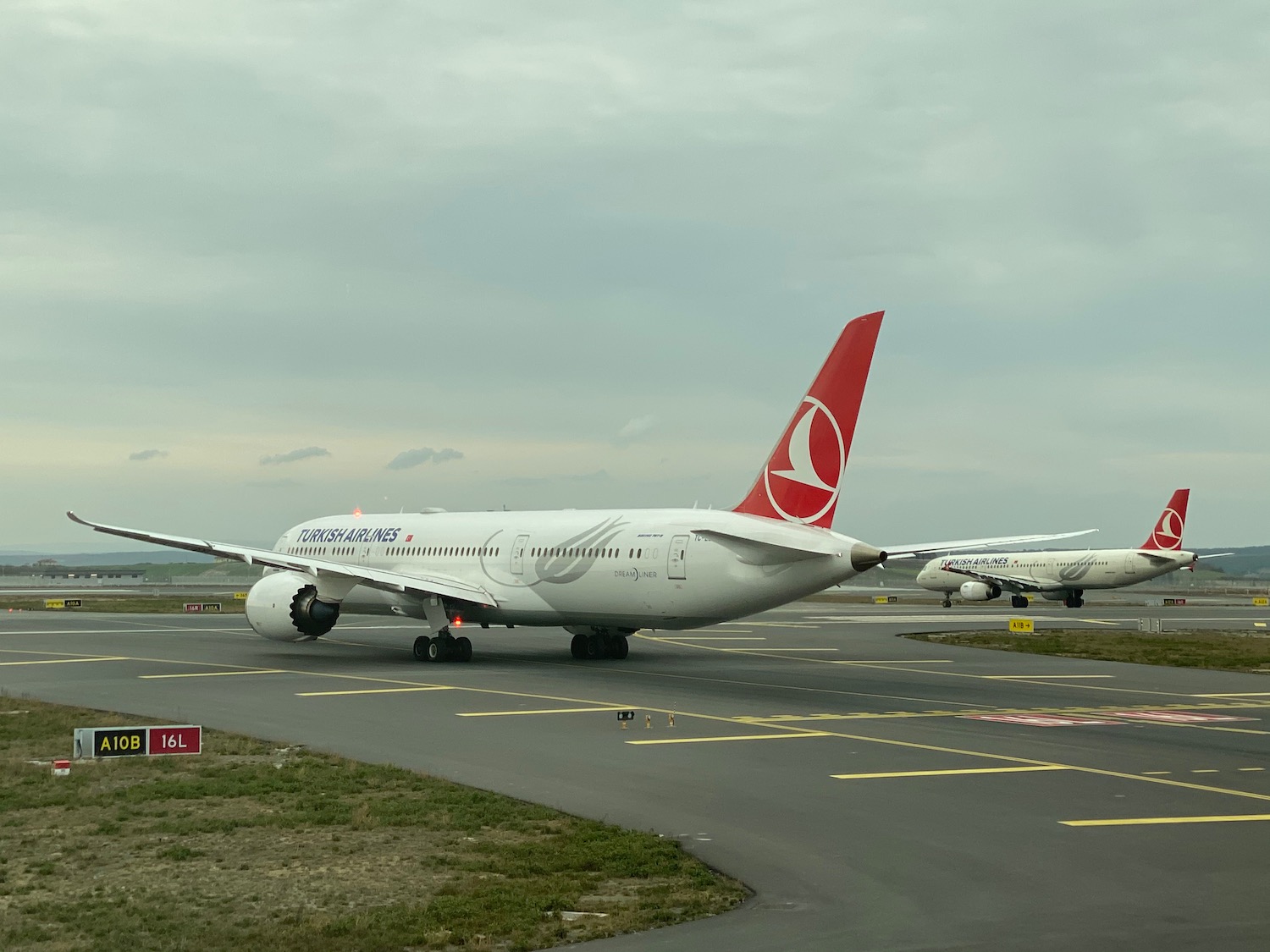
In a move that is more about geopolitics than aviation, Turkish Airlines has agreed to purchase 225 Boeing aircraft, a massive order announced the day after Turkish President Recep Tayyip Erdogan met with President Donald Trump in the White House. While the deal signals modernization at the Turkish flag carrier, its scale and timing suggest a deeper layer of transactional diplomacy at play.
Turkish Airlines Makes Largest-Ever Boeing Order After Trump-Erdogan Meeting
Turkish Airlines and Boeing have struck a tentative agreement for 225 aircraft, contingent upon final engine negotiations, according to Reuters. The order comprises 75 Boeing 787 Dreamliners (50 firm, 25 options) and 150 Boeing 737-8/10 MAX jets (100 firm, 50 options). Deliveries are expected between 2029 and 2034.
In its public statement, Turkish Airlines said the move aligns with its fleet renewal ambitions: “With these orders, our entire fleet is targeted to consist of new-generation aircraft by 2035, thereby strengthening operational efficiency and supporting an average annual growth rate of around 6%.”
More Than Turkish Airlines: A Deal Between States
This order, though sitting under Turkish Airlines, is clearly more than a commercial fleet renewal. The timing, the day after the Trump-Erdogan meeting, suggests it may have been part of a broader negotiation. U.S. rhetoric before the meeting indicated that Turkey’s road back to American fighter jets (F-35s) might run through curbing its Russian energy purchases.
Trump, sour on Russia in recent days, publicly urged Erdogan to halt Russian oil imports, framing that as a condition for restoring Turkey’s access to F-35s. It’s reasonable to conclude that the Boeing order is part of putting chips on the table: the Turkish state carrier’s corporate decision acting as a signal to U.S. decision-makers that Ankara is serious about realigning with American interests.
At the same time, Turkey has long groused over U.S. sanctions tied to its 2019 purchase of the S-400 missile system and its removal from the F-35 program. By anchoring a large aerospace purchase in Turkish Airlines, which is 49% owned by Turkey’s sovereign wealth fund, the Turkish government can claim domestic benefit while pushing leverage in defense diplomacy.
Scale That Exceeds Turkish Airlines’ Core Needs?
To understand just how ambitious this is: Turkish Airlines currently has a mixed fleet of approximately 387 aircraft (across Airbus and Boeing types). An order of 225 new jets would be transformative, nearly a 60-70% increase over current size, far beyond mere replacement. This is fleet expansion as strategy, not simply renewal.
Furthermore, Turkish Airlines already has major Airbus orders in place (including 220 planes announced in December 2023) on top of this Boeing commitment. The dual ordering signals that Turkey is casting a wide net, hedging its aerospace bets while keeping leverage with both major aircraft manufacturers.
CONCLUSION
This Boeing deal is more than a commercial transaction, it is statecraft written in metal. Turkish Airlines will indeed modernize and expand its fleet. But the grander narrative is the Turkish government signaling willingness to pivot toward the U.S., pressing for F-35 reinstatement, and reshaping energy and defense alignments. In this game, planes become bargaining chips, and diplomacy is embedded in every aircraft line item. But consumers will benefit…the next-generation Turkish Airbus and Boeing aircraft should be a nice improvement over the aging Boeing 777-300s, which still have middle seats in business class.




Putting politics aside, this is positive for American jobs both union and non-union
Turkey wants to play both sides of the fence.
Problem is that Russia produces no credible commercial aircraft and the US builds the world’s best fighters.
Let’s see how if the sale is completed but bringing Turkey closer to the west is a win for not just the US but also Europe
You’ll do anything to frame this as a potential win for your buddies at Airbus, won’t you, Timbits?
The Turkish airlines fleet is actually 500 as of September including its subsidiaries. The order covers the full scope of operations. In their public disclosures to the stock exchange they mention a fleet aize 800 by 2035. Still a very ambitious fleet growth target of % 60, but taking into consideration the fleet exists and the airbus order backlog as well.
What a myopic decision.
Thank goodness Turkish have a large fleet of A21Ns that operate their services to Northern Europe and they will continue to do so.
How many airliners must you order to avoid a meeting with Trump?
This is a dazzling order that even Boeing couldn’t have foreseen…
Dr. Güntürk Üstün